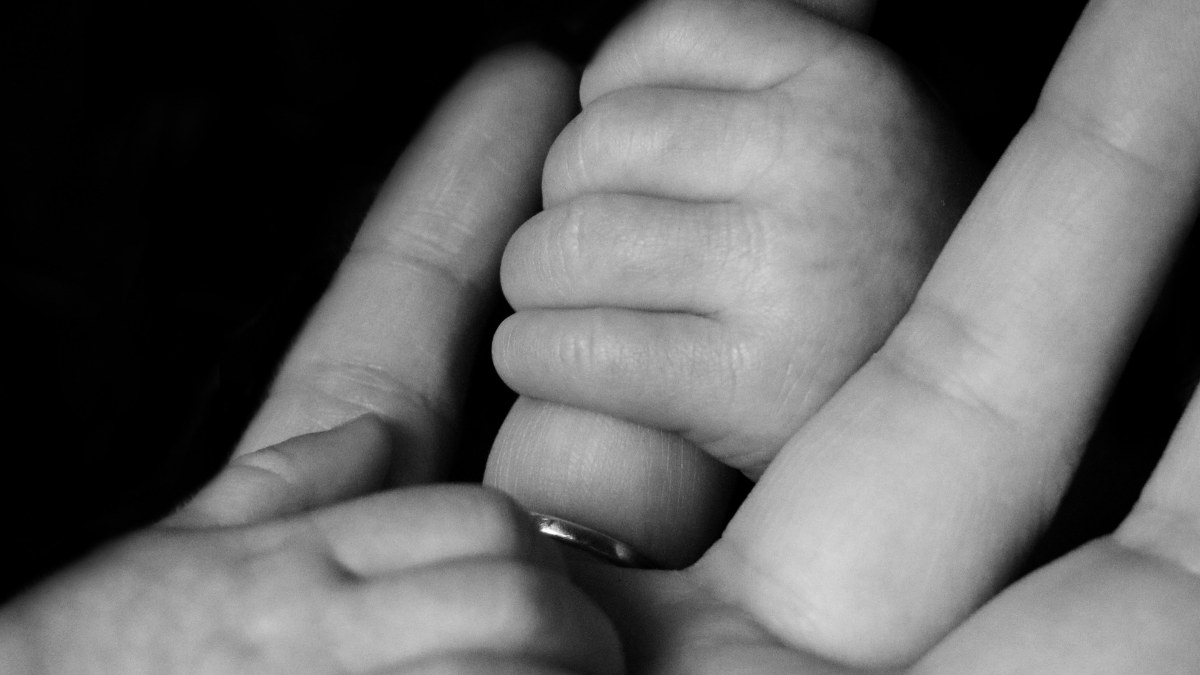
2 Natural Ways To Win Your Battle Against Postpartum Depression
Here are 2 non-invasive, medication-free tips to deal with postpartum depression.

By Jourdan Travers, LCSW | August 19, 2023
The arrival of a newborn is a life-changing experience for any parent. However, for some mothers, this time of joy and excitement can also be accompanied by feelings of sadness, anxiety, and overwhelming emotions.
This phenomenon, known as postpartum depression, is a mental health condition that affects mothers after giving birth. This condition can be distressing for both the mother and her family, as it interferes with the bonding process between the mother and the newborn and can even strain one's relationship with their partner.
Postpartum depression is a relatively common issue. Its symptoms can vary in intensity, but typically include feelings of sadness, fatigue, loss of interest in activities, changes in appetite and sleep patterns, irritability, difficulty bonding with the baby and thoughts of harming oneself or the baby.
As distressing as this may sound, know that you're not alone, and that these symptoms can be managed. In fact, a recent study sheds light on the potential benefits of green spaces in reducing the risk of postpartum depression.
The study examined data from a large obstetric population in Southern California to understand the link between green space exposure and postpartum depression. The findings showed that mothers exposed to green spaces in residential neighborhoods, especially eye-level street view greenery like street trees, low-lying vegetation, and grass, experienced a therapeutic escape from the daily challenges of motherhood and showed a decreased risk of postpartum depression.
Green spaces act as a respite from busy urban life, promoting relaxation and reducing stress hormones like cortisol. Nature exposure is also linked to increased feelings of happiness and well-being, making it a valuable tool that can help counter the feelings of sadness and anxiety associated with postpartum depression.
In addition to exploring the benefits of green spaces on postpartum depression, the study also looked into the role physical activity plays in creating a buffer against it. The researchers found that being active and regularly engaging in physical activity during pregnancy can boost positivity and improve well-being after childbirth.
Another study reinforced these results, indicating that regular physical activity during pregnancy and during the postnatal period can significantly reduce the risk of developing depression in pregnant women and after childbirth, for at least some of the following potential reasons:
- Exercise triggers the release of endorphins, the body's natural mood elevators, which can significantly alleviate the symptoms of depression.
- Maintaining a regular physical activity routine can contribute to enhanced self-esteem and body image, both of which may be adversely affected during the postpartum period.
- It balances essential brain neurotransmitters like serotonin, norepinephrine, and dopamine, all of which play crucial roles in mood regulation.
- Engaging in physical activity serves as a healthy distraction from negative thoughts, allowing mothers to redirect their focus towards their overall well-being and mental health.
Additionally, green spaces offer opportunities for social interaction, promoting a sense of community and support among mothers, which can be beneficial in combating feelings of isolation and loneliness commonly experienced during the postpartum period.
Conclusion
Postpartum depression can be a challenging experience for new mothers, impacting their emotional well-being and the bond with their newborns. However, reminding yourself that the newborn's health and happiness depends on the mother's well-being can help ground you and recalibrate your area of concern to include both yourself as well as the baby.
